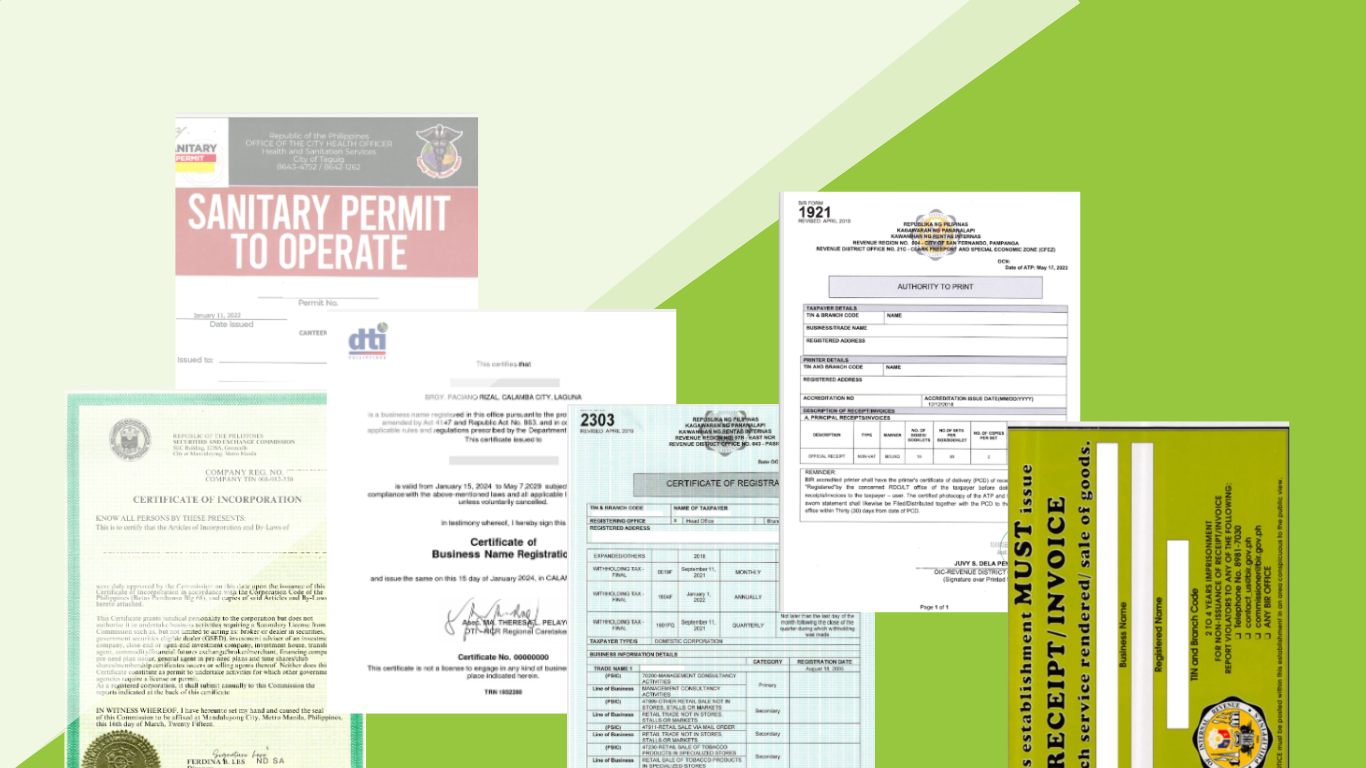The modern business landscape in the Philippines has transformed over the years, with flexibility becoming a crucial element for entrepreneurs and companies. In today’s fast-paced, technology-driven business world, entrepreneurs and small to medium enterprises (SMEs) in the Philippines are seeking flexible, cost-effective solutions for their business operations.
One such solution is the virtual office, an innovative approach to office space that allows businesses to operate remotely while maintaining a professional presence. In the Philippines, virtual offices have grown in popularity due to the country’s thriving business environment, strategic location, and cost-efficient alternatives to traditional offices.
In this comprehensive guide, we’ll walk you through everything you need to know about virtual offices in the Philippines—what they are, their benefits, key features, how to choose the right provider, and whether it’s the right fit for your business.
What is a Virtual Office?
A virtual office is a service that provides businesses with a physical business address, communication services (such as call forwarding and mail handling), and access to meeting rooms—without requiring the business to rent a physical office space. Essentially, it enables companies to operate remotely while maintaining the benefits of a traditional office presence.
Virtual offices are particularly appealing to entrepreneurs, freelancers, startups, and international businesses seeking a footprint in strategic locations, such as the Philippines, without the overhead of full office setups.
Reasons Why Virtual Offices Are Popular in the Philippines
The Philippines is a growing hub for startups, foreign investors, and outsourcing companies. Several factors contribute to the popularity of virtual offices in the country:
1.) Cost Efficiency
With rising rental costs in central business districts (CBDs) such as Makati, BGC, and Ortigas, businesses can significantly cut operational expenses by choosing a virtual office.
2.) Strategic Location
Having a local address in the Philippines improves credibility, particularly for foreign companies tapping into Southeast Asia.
3.) Flexible Work Culture
Many Filipino employees prefer remote work, making virtual offices ideal for businesses aiming to attract talent without setting up physical offices.
4.) Ease of Business Registration
Some virtual office providers offer business registration assistance, which is especially helpful for startups.
Key Features of Virtual Offices in the Philippines
The following are the key features of virtual offices in the Philippines:
1.) Professional Business Address
A virtual office gives your business a professional address in a prestigious location. This address can be used for marketing, legal documents, and business cards.
2.) Mail Handling and Forwarding
Providers manage your incoming mail and packages, forwarding them to your preferred address or allowing you to pick them up at your convenience.
3.) Call Answering and Forwarding Services
A virtual office may include dedicated phone lines and receptionist services to handle your calls, ensuring your business looks professional.
4.) Meeting Rooms and Coworking Spaces
Some providers offer access to meeting rooms, private offices, or coworking spaces that you can use for important meetings or team gatherings.
5.) Business Registration Support
Virtual office providers often assist with Department of Trade and Industry (DTI), Securities and Exchange Commission (SEC), or Bureau of Internal Revenue (BIR) registration, helping new businesses fulfill local regulatory requirements.
Is a Virtual Office Right for Your Business
A virtual office is ideal for businesses that don’t require a full-time physical presence, such as:
1.) Startups and Small and Medium-sized Enterprises (SMEs)
Businesses in their early stages often prioritize flexibility and cost-efficiency.
2.) Freelancers and Remote Teams
Professionals working remotely can use a virtual office to establish credibility with clients.
3.) International Businesses
Companies looking to expand into the Philippines can leverage virtual offices for an affordable local presence.
4.) Businesses Scaling Down
Organizations reducing office space due to hybrid work arrangements may benefit from a virtual office service.
Virtual Office Drawbacks to Consider
While virtual offices offer numerous benefits, it’s essential to consider a few limitations:
1.) Limited Physical Space
If your business requires frequent in-person meetings or large office spaces, a virtual office may not be ideal.
2.) Potential Client Perception Issues
Some clients may still prefer businesses with physical offices.
3.) Not Suitable for All Industries
Businesses heavily reliant on face-to-face interactions, such as retail stores, may not benefit from virtual offices.
How to Choose the Right Virtual Office in the Philippines
When selecting a virtual office provider, consider the following factors:
1.) Location
Choose a virtual office provider with addresses in prime locations like Makati, Pasig, BGC, Quezon City, or Cebu to enhance your business’s reputation.
2.) Services Included
Ensure the provider offers essential services like mail handling, call answering, and meeting room access based on your business needs.
3.) Cost and Flexibility
Compare pricing plans and look for providers offering customizable packages or pay-per-use options for meeting rooms.
4.) Business Registration Support
If you’re starting a new business, check if the provider assists with Securities and Exchange Commission (SEC), Department of Trade and Industry (DTI), and Bureau of Internal Revenue (BIR) registrations to ease the process.
5.) Customer Reviews
Look for reviews or testimonials to gauge the provider’s reliability, customer service, and overall quality of services.
Top Locations for Virtual Offices in the Philippines
The following are considered as top locations for virtual offices in the Philippines:
1.) Makati City
Known as the country’s financial hub, Makati is home to multinational corporations and financial institutions.
2.) Bonifacio Global City (BGC)
BGC offers a modern business environment with many startups and tech companies establishing headquarters in this area.
3.) Ortigas Center
A strategic business location with various industries such as BPOs, retail, and real estate.
4.) Cebu and Davao
These cities are ideal for businesses aiming to establish regional offices and tap into local markets.
Difference between Virtual Office and Traditional Office in the Philippines
Virtual office and traditional office have their differences in the following features:
|
Feature |
Virtual Office |
Traditional Office |
|
Cost |
Low |
High (rent, utilities, maintenance) |
|
Flexibility |
Highly flexible |
Requires long-term lease |
|
Physical Space |
None (unless booked) |
Full-time access |
|
Suitable for Remote Work |
Yes |
Limited |
|
Professional Image |
Yes (depends on address) |
Yes |
Verdict: A virtual office is the best option for businesses that prioritize flexibility and cost-efficiency, while a traditional office is suitable for companies needing a permanent workspace for daily operations.
Final Thoughts
A virtual office in the Philippines offers a flexible, cost-effective solution for businesses looking to establish a professional presence without the expense of renting a traditional office. Whether you’re a startup, freelancer, or foreign entity looking to expand into the country, a virtual office provides the services you need to succeed while maintaining flexibility and affordability.
When choosing a provider, consider location, services, cost, and reputation to ensure that your virtual office aligns with your business needs. With the right setup, your business can enjoy the benefits of a professional presence while operating remotely.



